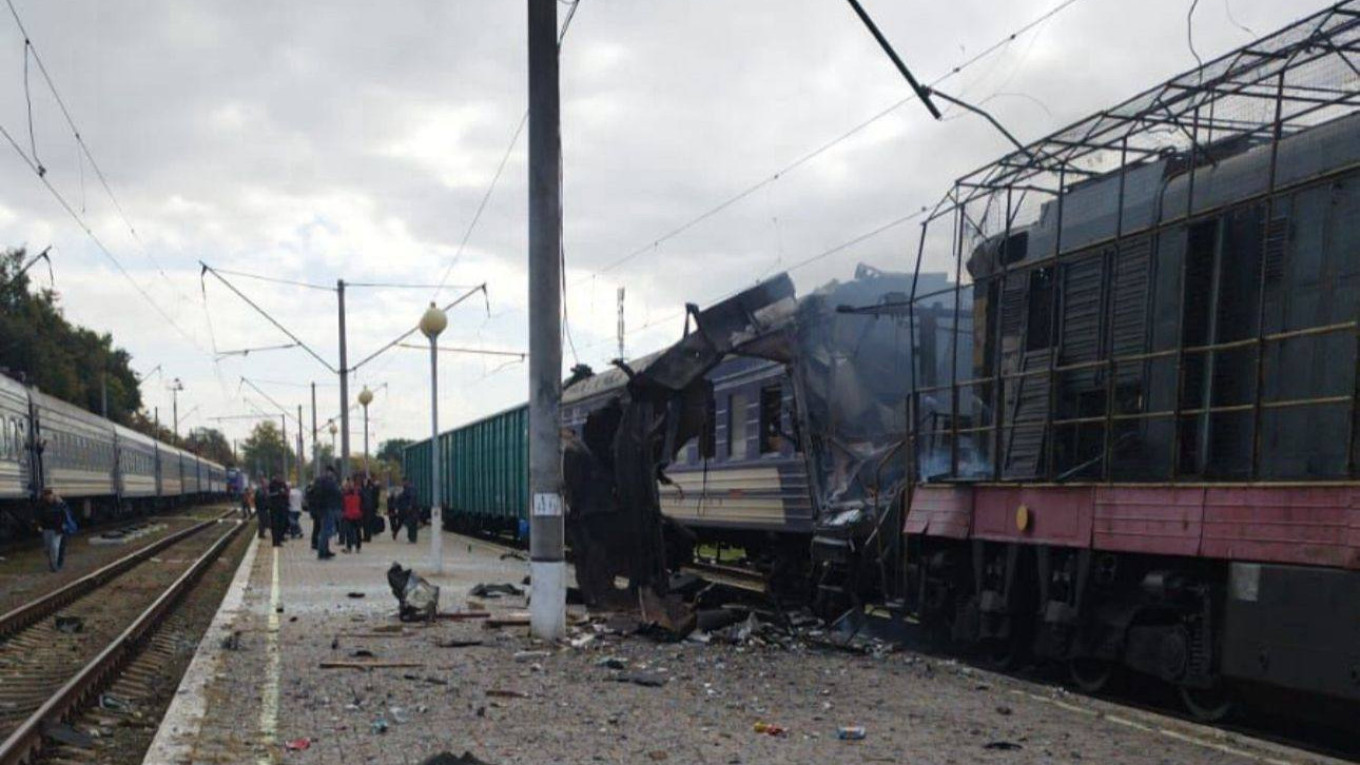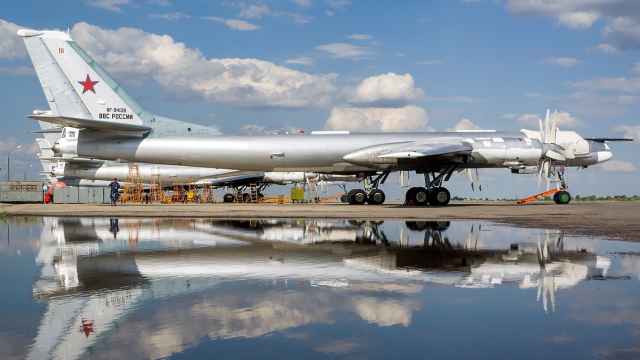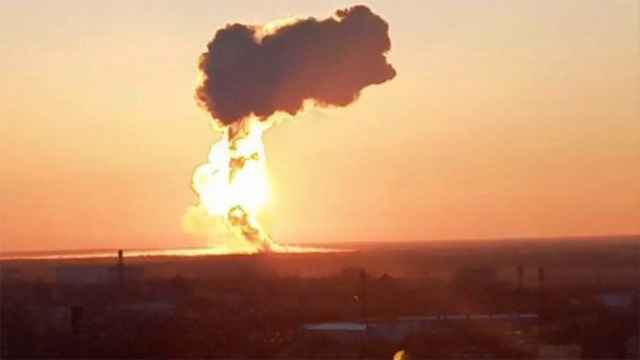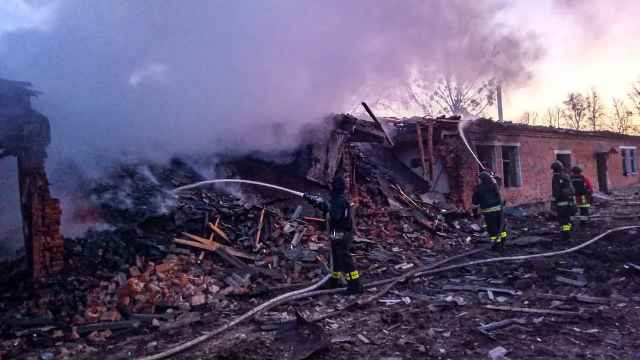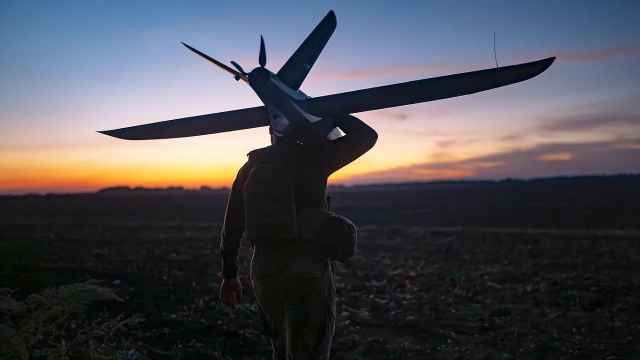The head of Ukraine's railways said Saturday that Russia was intensifying a campaign of air strikes on the network in an attempt to isolate frontline communities ahead of winter.
Ukrainian Railways CEO Oleksandr Pertsovsky also warned that Russian drone strikes were becoming more precise, complicating Kyiv's ability to fend off incoming attacks.
Russia launched drones at two passenger trains in Ukraine's northeastern Sumy region on Saturday, killing one person and wounding dozens, according to Ukrainian officials.
“We clearly see the intensification of enemy attacks on the railway infrastructure,” Pertsovsky told reporters, including AFP.
“There is no military purpose whatsoever,” he said.
“The only purpose is to sow panic among people... that the connection will be destroyed and people will be left alone,” he added.
Speaking via video call while on a train to Shostka, the station that was hit, he said there had been “40 major attacks” on railway infrastructure since August, “pretty much every other day.”
Ukrainian President Volodymyr Zelensky called Saturday's attack, which occurred around 50 kilometers (30 miles) from the Russian border, “savage.”
He posted a video showing a mangled train carriage engulfed in flames with twisted metal and busted windows.
“The Russians could not have been unaware that they were striking civilians,” he said.
Russia's army has repeatedly targeted Ukraine's railways since invading in February 2022.
Pertsovsky said there had not been a single week of the war without this occurring.
In April 2022, more than 60 people waiting to evacuate the frontline city of Kramatorsk were killed when a Russian missile crashed into the busy station there.
Pertsovsky expressed particular concern about Russian weapons becoming more precise, saying that without effective air defense, “it's unfortunately very easy to imagine that a similar attack could bring way, way worse results.”
“They have very precise Shaheds [Iranian-designed drones] that are targeting individual locomotives; they are able also to target energy infrastructure very effectively, making many of the tools that were used for protection ineffective at the moment,” he said.
Russia has also stepped up its attacks on Ukraine's energy infrastructure as the weather chills.
Moscow earlier this week launched its largest-ever strike on Ukraine's gas infrastructure, while strikes on Saturday cut off power to some 50,000 households in the northern Chernigiv region.
Ukraine's army on Saturday also claimed to have struck a major oil refinery in Russia's northwestern Leningrad region.
Kyiv has vowed to increase its own long-range drone attacks on Russian energy sites, in what it calls fair retribution for Russia's daily attacks on its cities and power grid.
A Message from The Moscow Times:
Dear readers,
We are facing unprecedented challenges. Russia's Prosecutor General's Office has designated The Moscow Times as an "undesirable" organization, criminalizing our work and putting our staff at risk of prosecution. This follows our earlier unjust labeling as a "foreign agent."
These actions are direct attempts to silence independent journalism in Russia. The authorities claim our work "discredits the decisions of the Russian leadership." We see things differently: we strive to provide accurate, unbiased reporting on Russia.
We, the journalists of The Moscow Times, refuse to be silenced. But to continue our work, we need your help.
Your support, no matter how small, makes a world of difference. If you can, please support us monthly starting from just $2. It's quick to set up, and every contribution makes a significant impact.
By supporting The Moscow Times, you're defending open, independent journalism in the face of repression. Thank you for standing with us.
Remind me later.


